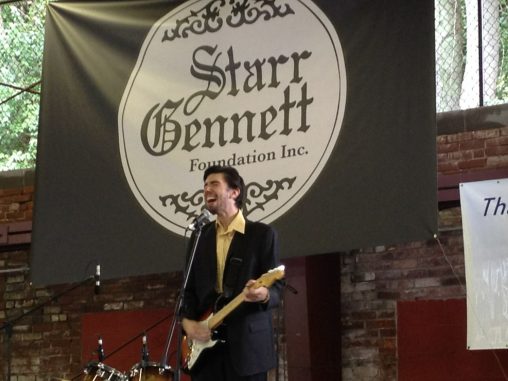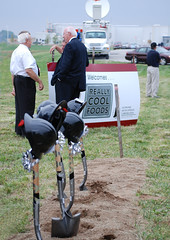 When I first read about Bitcoin, the open source peer-to-peer digital currency, I thought it was just another in a long line of attempts to create an online alternative to the dollar that would probably not see wide adoption.
When I first read about Bitcoin, the open source peer-to-peer digital currency, I thought it was just another in a long line of attempts to create an online alternative to the dollar that would probably not see wide adoption.
Then I watched "End of the Road: How Money Became Worthless," and started to understand more about fiat currency and the dangers that come with depending on it. After a friend explained a little more about how Bitcoin works and how it was designed to transcend many of our current challenges with fiat money, I went back and took another look.








